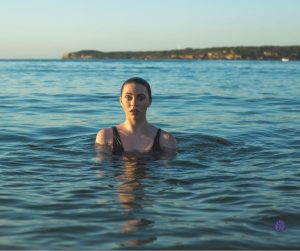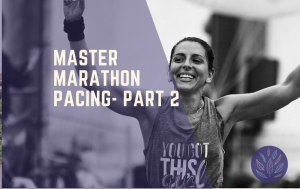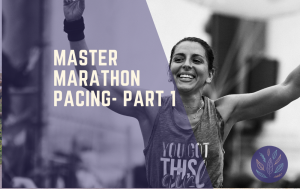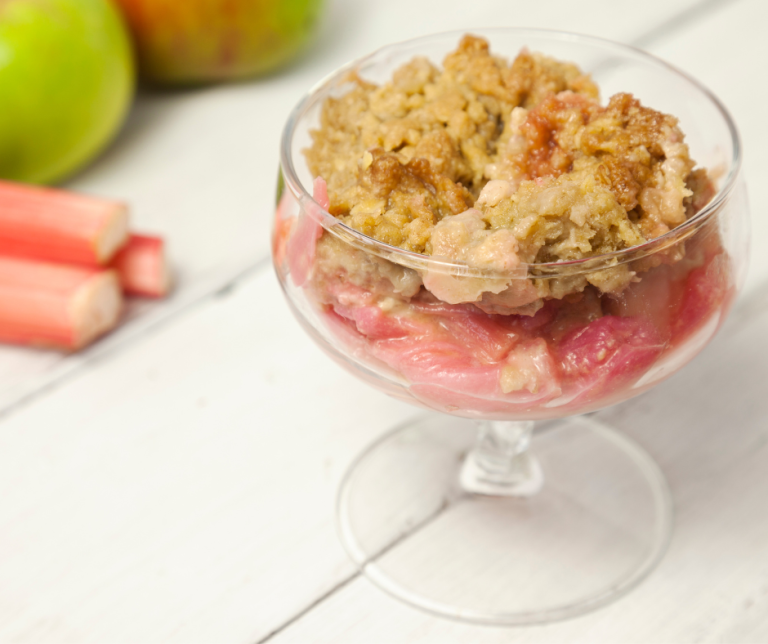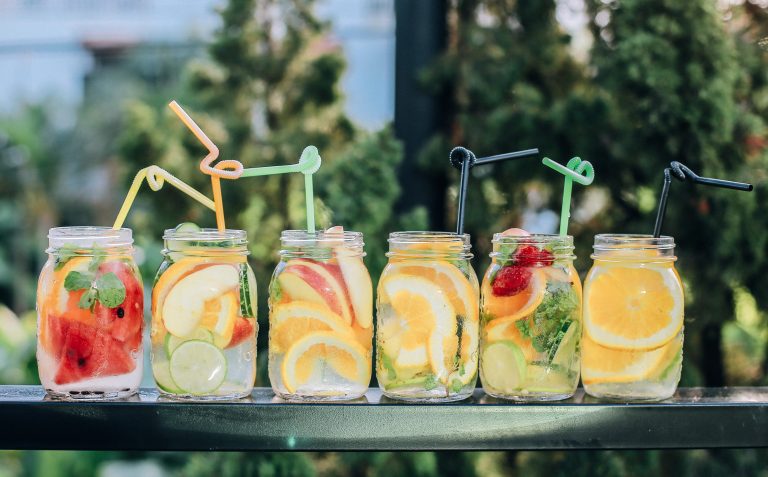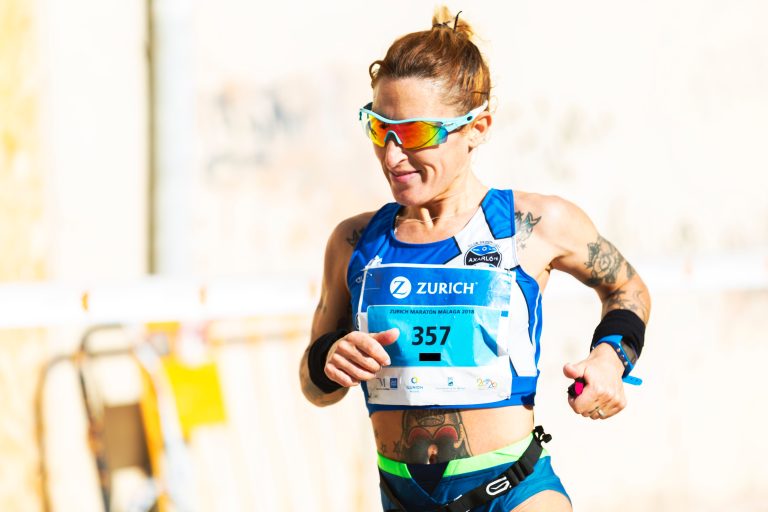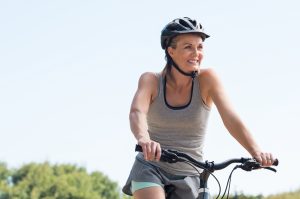
Some women experience absolutely no symptoms during their transition through menopause but if you are like 80% of women who do, it’s reassuring to know there are treatment options available. Help for menopause is here.
Perimenopause is the stage where most of the symptoms begin and these can persist for over a decade. Menopause officially commences 12 months after your last period. Women can go through menopause anywhere between the ages of 40 and 58 years but the average age is 52 years. Symptoms can occur due to the falling levels of estrogen and progesterone, which has a multifaceted impact on organs and tissues throughout the body.
Most women identify menopause with hot flushes, night sweats, vaginal dryness, mood swings, poor libido and fatigue. Symptoms usually occur in the perimenopausal phase due to declining progesterone. Oestrogen actually increases to levels 30% higher than before but can go through periods of variations similar to a roller coaster leading to insomnia, depression, poor concentration, irritability, anxiety and poor stress tolerance and lethargy. In the later stages of perimenopause, oestrogen declines which may contribute to other symptoms such as heart palpitations, joint pain, osteoporosis and mental health issues.
One of the associated effects of estrogen decline is an increased risk of osteoporosis. This is due primarily to the 1-2% loss of bone density per year of menopause, as well as 10 years post-menopause. Estrogen decline is also associated with elevated cholesterol, cardiovascular disease, hypothyroidism, urinary tract infections and thrush.
Some women have concerns about the use of hormone replacement therapy (HRT) or are unable to use this option due to breast or ovarian cancer risk. Fortunately, there is now a large body of evidence that supports the use of herbal and nutritional medicines during the menopausal transition.
DIETARY INTERVENTIONS
Phytoestrogens are naturally occurring estrogen-like compounds found in plants, fruits, or vegetables and are commonly divided into three main classes: isoflavones, lignans, and coumestans.
Isoflavones are found in the legume family, with high amounts in soybeans and soy products.
Lignans are found in high-fibre foods such as unrefined grains, cereal brans, and beans, with flaxseed being a particularly good dietary source of lignans. A recent systematic review found that women who consumed protein bars containing flaxseed (410 mg of lignan) for 6 weeks reported a 50% decrease in hot flushes. Seed cycling can be helpful for women who want to boost their intake of fatty acids and lignans.
Coumestan-rich foods include alfalfa and clover sprouts, peas, pinto beans, and lima beans.
Herbs
Hops (Humulus lupulus) dampens tension and anxiety. The active ingredient in hops, 8-prenylnaringenin, is a potent phytoestrogen and has been demonstrated to reduce vasomotor symptoms by improving the ability of the blood vessels to expand and contract. Numerous clinical trials have also documented significant reductions in the frequency of hot flushes, sweating, insomnia, heart palpitations and irritability in women who used a hops extract for 6 weeks.
In clinical practice, a combination of herbs is often used to support women during the transition through menopause. Korean ginseng (Panax ginseng), which is considered to be a “buried treasure medicine”, is another popular herb for active women suffering from fatigue. Ginseng’s active constituents include saponins, amino acids, vitamins (particularly folic acid and niacin), alkaloids, phenolic compounds, and flavonoids. Ginseng has been widely used in traditional medicine to assist with building resilience to stress and used as an energizer, to increase libido, and testosterone and alleviate menopausal symptoms. Clinical trials have shown ginseng significantly reduced depression and improve perceived well-being, exercise performance and energy in perimenopause.
Another popular herb is chasteberry, or vitex. This herb has shown positive results in reducing PMS, anxiety, hot flushes and breast tenderness in perimenopausal women. Vitex is used to support the transition from perimenopause to menopause due to its ability to increase progesterone levels and help maintain a healthy balance between progesterone and estrogen.
 For women experiencing persistent hot flushes or night sweats as a result of menopause, Red Clover (Trifolium Pratense) may often be prescribed. This herb contains high levels of phytoestrogens for improving hormonal balance, as well as helping improve bone density in those at risk of osteoporosis. Several clinical trials demon straight the isoflavones present in red clover inhibit bone resorption and therefore reduce bone turnover associated with osteoporosis.
For women experiencing persistent hot flushes or night sweats as a result of menopause, Red Clover (Trifolium Pratense) may often be prescribed. This herb contains high levels of phytoestrogens for improving hormonal balance, as well as helping improve bone density in those at risk of osteoporosis. Several clinical trials demon straight the isoflavones present in red clover inhibit bone resorption and therefore reduce bone turnover associated with osteoporosis.
Ginkgo Biloba is similar to red clover because of the phytoestrogens it contains and its ability to naturally elevate estrogen levels. Studies show that Ginkgo Biloba can reduce mood fluctuations associated with both PMS and menopause, as well as improving libido in 84% of trial participants after 4 weeks.
Sage, most commonly prescribed as a tea, has long been used in the management of fevers. However, there is also evidence to support the use of sage for menopausal hot flushes and night sweats. A study that assessed the use of fresh sage leaves in food or as tea demonstrated that the intensity and frequency of hot flushes were significantly reduced over a period of 8 weeks with consistent use.
Hormones play an integral role in your health, and changes in hormone balances can be challenging. There are many different ways that nutrition can be used to navigate menopause, without having to experience the numerous, negative side effects of HRT.
As with any element of health, there is never a one-size-fits-all approach and therefore we recommend individualised treatments for menopausal symptoms.
About the Author: Kate Smyth is a Sports naturopath, nutritionist and female-centric running coach. She is the founder of the Athlete Sanctuary- a holistic healthcare clinic for athletes of all levels and sporting codes. Kate has a thirst for knowledge with two bachelor’s and a master’s degree under her belt. She has been involved in sports for many decades and competed for Australia in the Commonwealth Games and Olympic Games marathons with a personal best time of 2 hours 28 minutes. For more information visit www.athletesanctuary.com.au
- Categories: Athletes, Nutrition, Resources, Women's Health


